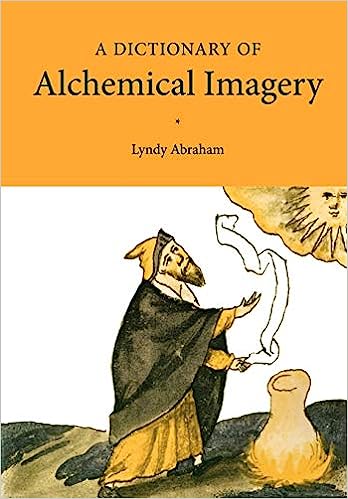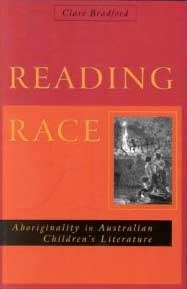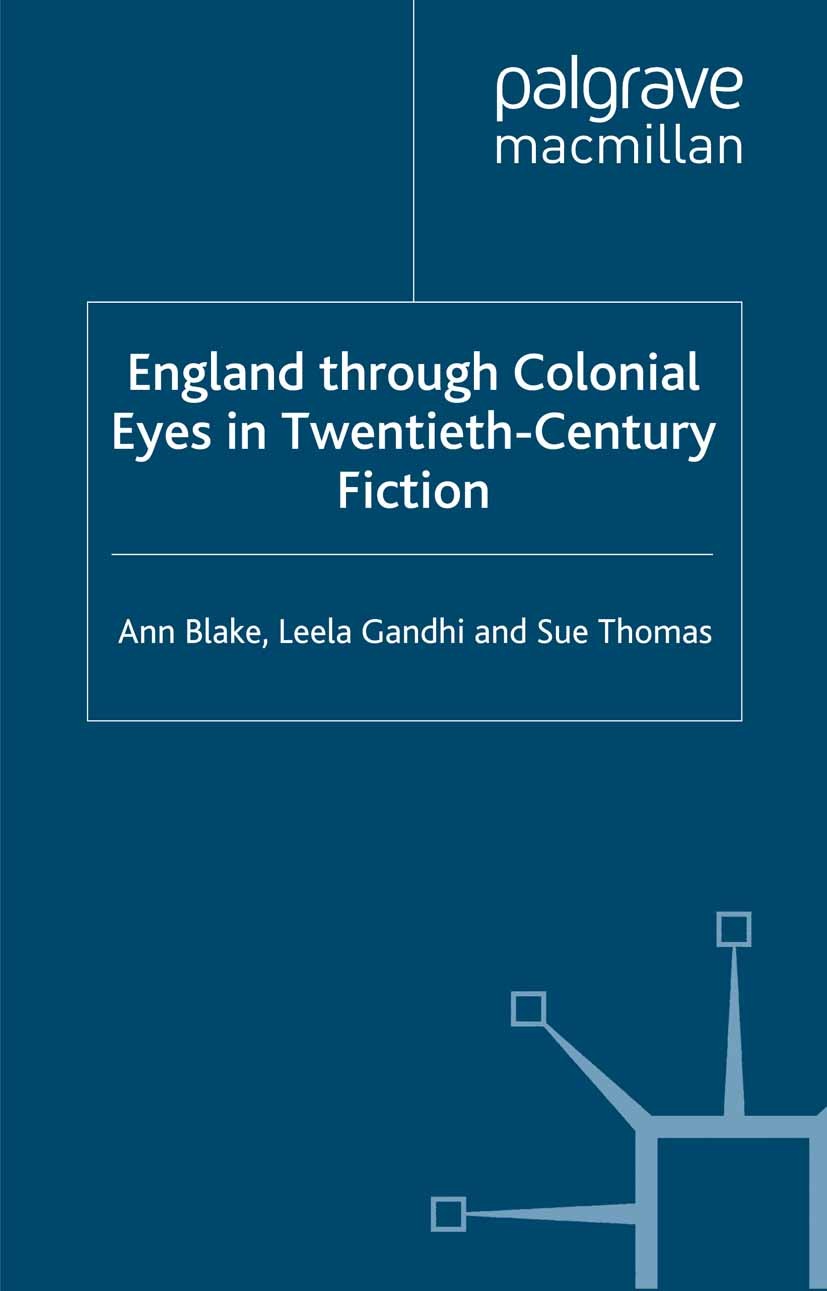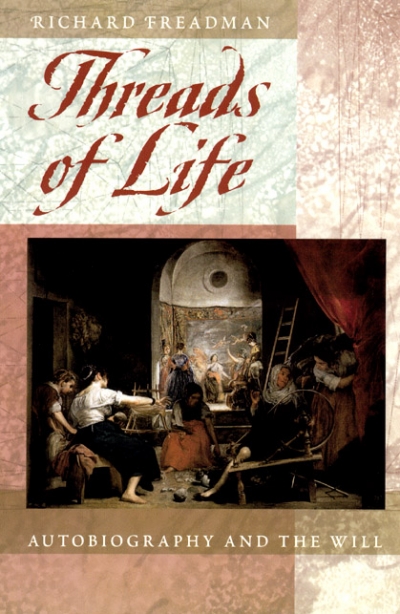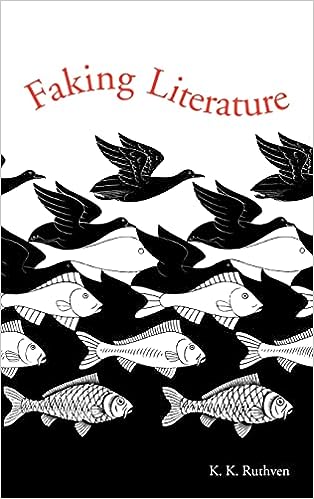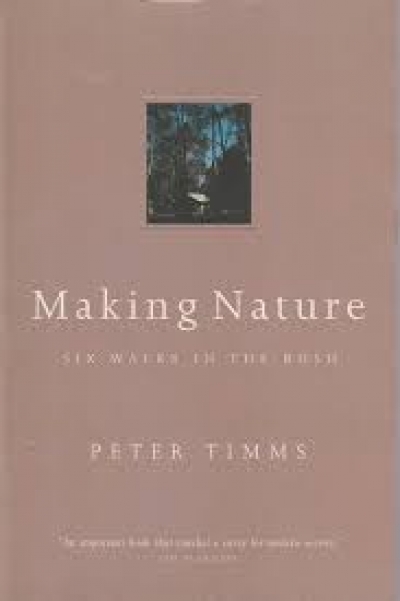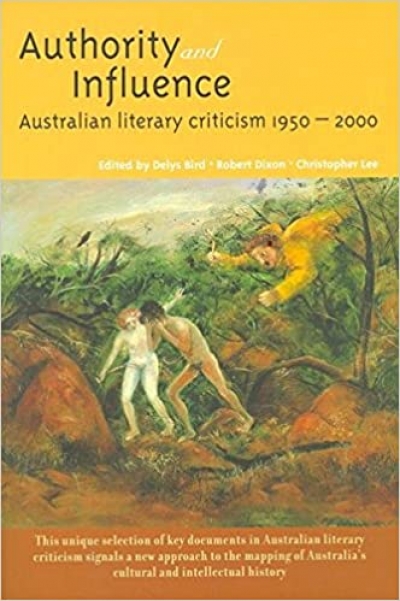Literary Studies
A Dictionary of Alchemical Imagery by Lindy Abraham
Blessed are the compilers of dictionaries, writers of reference books and encyclopedia entries – how would we access knowledge without them? But if they work in the Australian university system, they are not blessed by the Department of Education, Training and Youth Affairs, which awards no research points whatsoever for such activities. Lindy Abraham’s esoteric-sounding dictionary of alchemical imagery is a fine example of the kind of scholarly labour that doesn’t fit well with bean-counting bureaucrats’ notions of ‘productive’ research. With her assistance, we gain access to a world-view that had its roots in Hellenistic Egypt in 300 BC but, during the Renaissance, re-emerged as a powerful intellectual force: a precursor to modern science, as well as a systematic form of philosophy.
... (read more)Reading Race: Aboriginality in Australian children's literature by Clare Bradford
Clare Bradford is an Associate Professor in Literary and Communication Studies at Deakin University. She writes from within her discipline, and addresses other academics. Reading Race, despite its broad title, is principally a discussion of forms of racism that the author identifies in books published in colonial times, compared with contemporary examples.
... (read more)Bad art is where the personality of the artist reveals itself most fascinatingly, according to Lord Henry Wootton, the Wildean aesthete in The Picture of Dorian Gray. It is an idea that assumes an unexpected relevance as we reach the tenth anniversary of what is perhaps the strangest phenomenon in Australian publishing history.
... (read more)England Through Colonial Eyes in Twentieth Century Fiction by Ann Blake, Leela Gandhi and Sue Thomas
In Salman Rushdie’s The Satanic Verses, much of the action occurs amongst the migrant clientele of the Hot Wax Club. The club is decorated with waxworks of England’s notable but unacknowledged migrant ancestors: Mary Seacole, Ignatius Sancho and Grace Jones, among others. As Leela Gandhi points out in her discussion of Rushdie’s novel, we are encouraged to read the Hot Wax clubbers as historians disinterring the nation’s past to reveal a secret history of immigration, a past which is used strategically to reshape understandings of contemporary Britain. The project of this book is similar. What happens when we examine representations of England and Englishness by writers who are travellers, émigrés and immigrants from its diaspora?
... (read more)In James Joyce’s Ulysses, Shakespeare is referred to as the happy hunting ground of all minds which have lost their balance. He is also referred to by Buck Mulligan, even less reverently, though with a distinct nationalist tilt, as ‘Shakespeare. I seem to recall the name. Ah, to be sure, the fellow who writes like Synge.’ Well, there probably are analogies between the greatest of all dramatists, who could also, as Donald Davie pointed out, use any word in the language he chose (and hence manipulated an extended diction), and the chap who set the Abbey Theatre stage on fire with the dynamic stylisation of Irish peasant speech in The Playboy of the Western World. Just as there are analogies between the poet who could write King Lear and the lonely Jesuit who wrote, ‘O the mind, mind has mountains: cliffs of fall / Frightful, sheer no-man-fathomed: / Hold them cheap may who ne’er hung there’, and all those tragic sonnets. Not to mention the fellow who posed in front of the bookshop sign in Paris.
... (read more)Threads of Life: Autobiography and the will by Richard Freadman
Samuel Johnson once wilfully said, ‘Sir, we know our will is free, and there’s an end on’t.’ One can understand Johnson’s sentiment. Talk about will can be interminable. If we feel our will to be free, does it matter if it really is? Right now, I’m willing myself to write this review, instead of having dessert or watching Big Brother (‘Will to Power in Big Brother: Or, Are You Smirking at Me?’ would make an interesting paper). But my will is weak. I’ve just returned from making a cup of tea. Writers – like everybody else – are notoriously good at finding distractions. But what does it mean to say that my will is ‘weak’? How much am I willing my writing of this review, and how much am I forced to write it? Is writing determined by economics (need for money), psychology (desire to see one’s name in print), or class (aspirations learned through upbringing and education)? And yet I’m free, am I not, to pass my own judgment on the book? Sooner or later, we give up and go to the pub with Dr Johnson.
... (read more)Rhetoric has a bad name. And for good reason. Not only does it suggest insincerity and verbal manipulation, it also has a strong odour of scholasticism about it. It is with some trepidation, therefore, that I turn to ancient rhetoric to urge upon you two terms I find useful in thinking about contemporary Australian poetry. I will make it as palatable as I can and hope it doesn’t choke going down. Whether it is nourishing or not, I leave you to decide.
... (read more)Nothing divides people as much as the idea that history is a text and, in many cases, a fiction. It’s the sort of notion – more or less accepted by academics in the Humanities – that really annoys ‘among the barbarians’ public intellectuals. Point out that history is written by the victors, that much of what we think of as gospel was written decades after the event from secondary sources (the Gospels, for example), and that the bulk of tradition, from Scots tartan to Christmas, is a nineteenth-century confection, and their anger becomes tinged with panic. It’s vertigo, but one of time rather than space – the sudden realisation that you are standing on nothing but the present, with the texts and living witnesses (whose memories are texts) inhering in the present.
... (read more)Peter Timms’s Making Nature is a delight. I found it especially enjoyable because I have been reading massively for my next book, so it was a remarkable break to take six contemplative walks with Timms and the many who accompany him, not in the flesh but in the word: Rousseau, Augustine, Petrarch, Edmund Burke, Kant, and a host of others, instructing, disrupting, agreeing.
... (read more)Authority and Influence: Australian literary criticism, 1950–2000 edited by Delys Bird, Robert Dixon and Christopher Lee
The problems that have bedevilled Australian literary criticism and literary history over the last twenty years have been worldwide. Histories, even quite short ones, now have to be written polyphonically, by committees of dozens of contributors. It is taken for granted that no single person could cover the whole field and the variety of critical perspectives, movements, genres, institutions and ideologies involved. One of the recurrent phrases of recent years has been ‘pushing the boundaries’; but histories, surveys, theses, articles all depend on demarcation lines. That is why the notion of a ‘canon’ has been useful, though, of course, a canon needs to be constantly questioned and revised so as not to become stagnant and restrictive.
... (read more)

